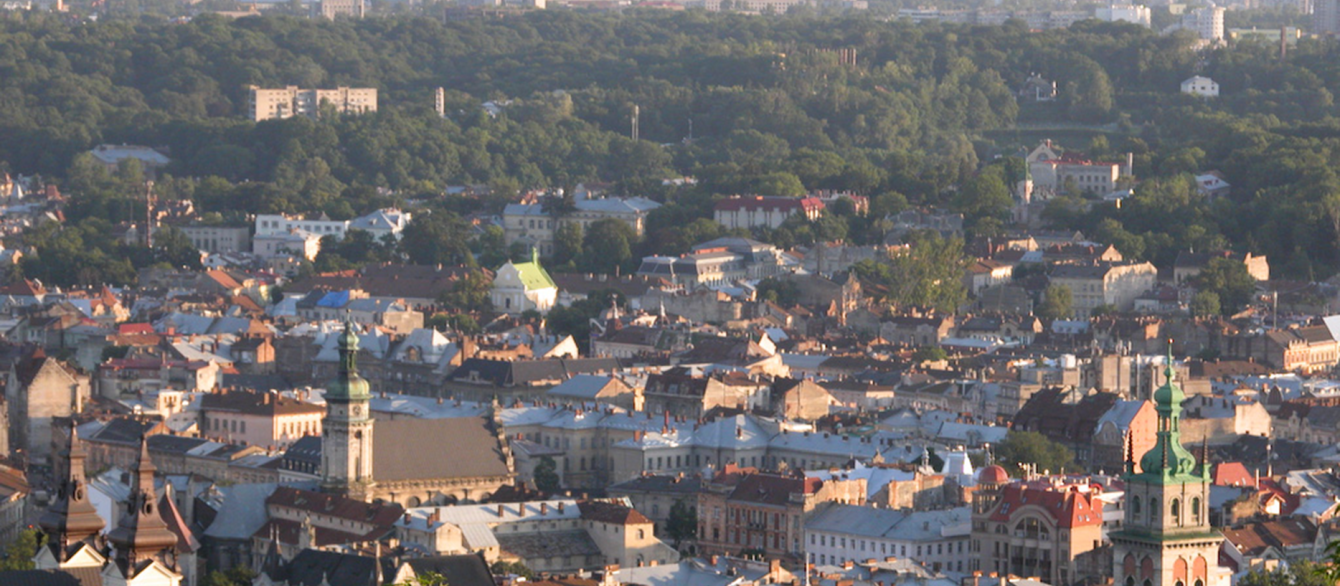This talk draws attention to a three-and-a-half-minute sound recording made in December 1939 in Prenzlau, Germany. In detention at the POW barracks for Polish officers, Kazimierz Dziubek shared a song with two linguists who were collecting his voice in order to preserve the urban Polish dialect distinctive to the multiethnic city Lviv (today’s Ukraine, but part of the Polish state before World War II). Two verses that were classified as speech were in fact a hit song from Polish cinema, “Only in Lviv” ("Tylko we Lwowie," 1939) by the prolific composer Henryk Wars and his frequent lyricist-collaborator Emanuel Szlechter. Even though this recording has hardly been heard, it cues the researcher's attention to the lives of those invested in its circulation: the song’s Polish Jewish authors, the Polish Catholic dance instructor who sang it, and Jaroslav B. Rudnyckyj, the Ukrainian linguist who pulled it from the archive, listened to, and transcribed it in 1942.
Dr. Bohlman's analysis insists on a connection between wartime recording and the afterlives of Nazi genocide and German colonial expansion as she explores the recording’s connection to Hollywood and Canada’s state policy of multiculturalism (1971–). She animates the spatiality — material and metaphorical — of this recording to show this sound’s evidentiary power, despite the transmission failure that undergirds its past. For example, the recording’s usefulness for Rudnyckyj’s Ukrainian language advocacy in 1942 Berlin set the tone for his contributions to Canada’s official policy of multiculturalism in the 1960s. By foregrounding Dziubek’s singing at the crossroads of minority-language advocacy, the displacement of Polish-Jewish cabaret, and the survival of Lviv during the time of Nazi genocide and German colonial expansion Dr. Bohlman suggests that practices of translation, transmediality, and recognition are the grease of sonic circulation and its coproduction of difference and sameness.
Sponsorship
This event is part of the Weintraub Lecture series and is organized by the Harvard University Department of Slavic Languages & Literatures and co-sponsored by the Davis Center.
Accessibility
The Davis Center for Russian and Eurasian Studies at Harvard University encourages persons with disabilities to participate in its programs and activities. If you anticipate needing any type of accommodation or have questions about the physical access provided, please contact us at 617-495-4037 or daviscenter@fas.harvard.edu in advance of your participation or visit. Requests for Sign Language interpreters and/or CART providers should be made at least two weeks in advance if possible. Please note that the Davis Center will make every effort to secure services but that services are subject to availability.




